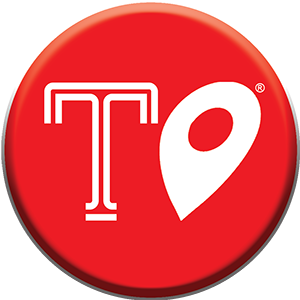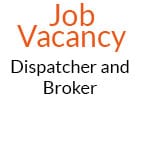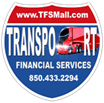Start-up “ALL ABOUT YOU” Part 2 of 5 in a series of thoughts related to starting a transportation business
Start-up “ALL ABOUT YOU” Part 2 of 5 in a series of thoughts related to starting a transportation business
The Business Plan for “Starting” a logistics operation consist of a narrative and several financial worksheets. The “Narrative” template is the body of the business plan, and serves as the Global Positioning System (GPS) because this is where the journey begins. It contains more than 150 questions on how to proceed, and why. Work through the business plan in any order except for the “Executive Summary” which must be completed last. Skip any questions not applicable to your type of business.
Upon completion of your first draft, you will have a collection of small essays on various topics of your various i.e., what is your niche, who to do business with, what are the funding requirements, and what agencies can support you in setting up your logistics operation. Edit these essays into a smooth flowing narrative. This becomes a test of your knowledge of the career you’ve chosen, and what resources are available to equip you to meet those compliance requirements.

Business plan concepts on green chalk board
The real value in creating a business plan is not to have a finished plan in hand, rather, the process of researching, and thinking about your business in a systematic way. The Army has a slogan that clearly defines planning called the five P’s , “Prior Planning Prevents Piss Poor Performance”. Planning and due diligence helps you to think through thoroughly all of your ideas critically to avoid costly, disastrous mistakes later. Always contact transportation consultants, and attorneys to be certain that your decisions are made with the best information.
The business plan is generic for any business, but specific in transportation because we are experts, and can serve as your GPS. However, modify the business plan to suit your particular business needs, teview yhe section titled “Refining the Plan” found at the end. It suggests emphasizing certain areas depending on your type of business, freight movement, sales, auto transporting, retail or service. It also provide valuable insight on fine-tuning your plan for an effective presentation for venture capitalist. Pay attention to your writing style or seek assistance through professional proposal writers. You will be judged by the quality and appearance of your presentation, as well as your ideas. Generally, you want get a second chance to make a first impression.
It typically takes several weeks to complete a good business plan. Most of that time is spent researching, and thinking of your ideas, assumptions, and the value of processes. Take he time, make a call, and do the “Business Plan” properly because that is “THE” guide to determine the success of your logistics operation. Those that prepare business plans never regret the efforts.
There is a famous proverb that states” Consider the cost”. His could be taken several ways, not just the dollar amount because funding is part of the plan. You may consider a home-based business and the effect it may have on the family.
If you are a motor carrier or broker finding freight is difficult without the right resources. The truck is never where he load is, so time and ravel must be considered as well as vetting carriers qualification, confirming rates, and tracking shipments.
A well-thought out “Business Plan” determines the size of your investment, number of employees, and return of your investment. As a home-based owner-operator your family can be trained to find freight, and you can get two (2) authorities, One (1) as a motor carrier (trucker) and one (1) as a broker to employees other carrier as loads are secured from load boards.
Remember, that TFS has the best transportation professionals in the industry working as a cohesive unit to meet all of your transportation needs at a cost-effective and timely manner.




